“Fast Color” – a Dystopic, Small-time Superhero Story
“Fast Color” is a flimsy attempt to stray from the ordinary superhero formula.
March 20, 2023
“Ruth,” a yet-to-be-named character warmly narrates. She’s reading a letter addressed to Ruth in the beginning of “Fast Color.” The audience is introduced to a world in chaos, where the water has dried up, and the people in the world are barely getting by.
Cut to an abandoned warehouse where a woman quickly escapes her captivity, which viewers see from the cut ropes still tied to her wrists. She’s on the run. Renting a motel room, we see she has nowhere to go, and in the next scene we discover why this might be. She has powers. Powers that cause the earth to shake. Welcome to the world of “Fast Color.”
Ruth (Gugu Mbatha-Raw) causes earthquakes, but she knows herself well enough to warn everyone around her beforehand.
After escaping yet another situation in which she’s wanted, she drives to a diner where she meets Bill (Christopher Denham) who, soon after buying her a drink, is revealed to be another attempted captor. He’s working for unknown law enforcement, seeking to understand and harness Ruth’s powers.
Ruth’s bad luck leads her back to the story’s narrator, her mom, Bo (Lorraine Toussaint). At her mom’s house, Ruth takes refuge, and the viewers slowly learn about her past and the girl, Lila (Saniyaa Sidney) living with Ruth and Bo.
Another character taking an interest in Ruth’s case is the local sheriff, Ellis (David Straithairn), who’s clearly had his job for quite some time.
For the film’s runtime, most of what happens occurs by suggestion, so we understand what’s going on not through direct exposition but instead by being shown it. When Ellis discovers the car in which Ruth escapes Bill, we don’t understand his relation to the other character, not until much later in the movie. This builds an atmosphere of realism and mystery.
However, there were times when, without properly building suspense, the pacing dragged and fell short of what it was trying to accomplish in particular scenes. This was in part the fault of the soundtrack. It didn’t complement the film, specifically when Bo, speaking about her past and Ruth’s father, there’s a light, spooky high-key piano melody that conflicts with the lighting and acting of the scene.
Cinematography-wise, the movie was disappointing. Overall, it was awkwardly shot, where many scenes felt like there were obvious alternatives to camera angles that didn’t effectively show the audience what they needed to see. There was a moment in particular where, after discovering her greater powers, Ruth manipulates the weather. Much of the movie has led up to this moment, so you would expect to have back-and-forth shots of character reactions to her using her powers. So, when Bo and Ellis arrive on the scene of Ruth changing the weather, we get a shot-reverse-shot that begins with Bo and Ellis confusedly walking around, not knowing what they’re supposed to be reacting to, nonetheless closing up on Bo’s reaction to Ruth and her powers. Then, for the reverse shot, instead of seeing Ruth with a large part of the frame showing the shifting sky, we just see Ruth.
A trend that stuck out to me was the lack of follow-up on certain plot devices, ones meant to convey and perpetuate the story’s setting. The setting contributes to the tone and theme of the film, so there being no reminder of the world our characters inhabit left me feeling let down. As a reminder of what was established at the beginning of the movie, it’s in a dystopian world where the crops have gone dry for lack of water, and the world has starved for lack of food. But this is only in the beginning because, as it continues, the audience gets less and less of this. I wondered, What happened? Especially when Ruth, Bo and Lila are supposed to represent a new type of human in this world.
There were moments where the movie’s tracking of events felt disconnected from reality, in that someone wouldn’t usually respond the way the characters do.
One is when we see Ruth driving away from Bo’s house, flustered by the argument they just had. It cuts to a tracking shot of the truck driving away from above, and then to a static one from behind. During this, a synthesizer plays and violin plays for dramatic affect. It then immediately shows an empty fuel gauge. This sudden shift and the reverse shot doesn’t show her actually looking at the fuel gauge as is implied by the shot before. It’s a basic continuity error.
Mbatha-Raw’s performance was poor at times. In one scene where her character’s listening to Bo talk about the latter’s past, we see her expression change quickly from (something) to (something), a switch that felt unnatural. Another time was when, laying on the ground, fighting another one of those self-imposed earthquakes, she thought back to one she couldn’t hold back that almost caused Lila to drown.
In the flashback to this, her relieved-yet-still-worried expression doesn’t feel believable, like she’s only emoting.
Following this scene is a clever visual metaphor for her realizing her own responsibilities, and it seems to also connote that she has some new-found control over her powers. I can’t get that much from it, though, considering it doesn’t feel justified, orchestral music and all. I was wondering, ‘What really led up to this?’ She had a flashback; she’s realizing her responsibilities, but otherwise there’s no indication that she’s figuring something extraordinary out.
I’m between enjoying and depreciating this aspect of the movie, because the power of suggestion and assumption of an audience intelligent enough to pick up on these are admirable qualities.
Sidney’s performance as Lila was lacking as well. Often her expression didn’t map onto what the character is supposed to be feeling in that scene. One being when she’s arguing with Ruth about who she’s going to be with, her mom or her grandmother, and about her freedom. The anger came a moment too late and felt forced, as did her yelling and running away.
Another is when she’s using her powers, during which she gives an expression that American audiences have become all too familiar with via Eleven from “Stranger Things.” It’s in this scene that Sidney attempts to give the same expression and convince the audience of her efforts to use her powers, her eyes fixed on her target, mouth pursed and nostrils flaring. But it wasn’t strong, and it wasn’t convincing. She wasn’t breathing heavily to communicate that she’s making an active mental effort to exert her powers. And her immediately relinquishing to a bored expression after trying to use her powers to escape her captivity betrays that she’s been imprisoned. If she is, she should be panicking, worried. She is a kid, afterall.
This movie fails at building suspense or tension overall. The characters never truly feel under threat, and there’s supposed to be this idea of us being in another world and the people with powers being a new form of human. I thought the opening of the film was great. If it had been a short film, I would’ve thought better of it. 2/5


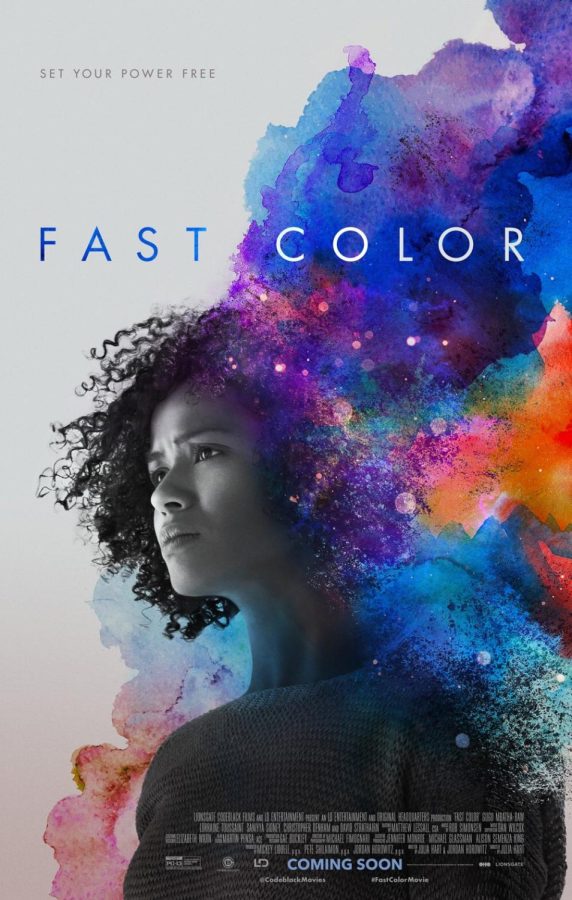







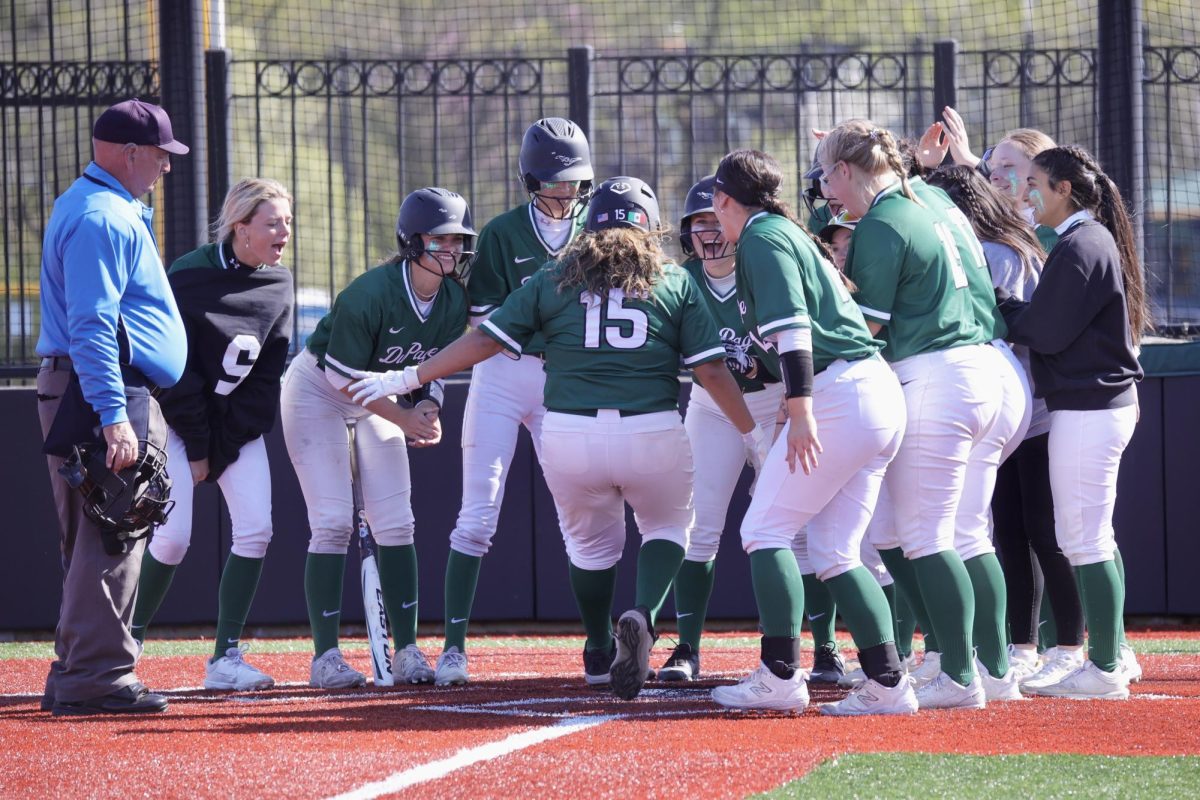
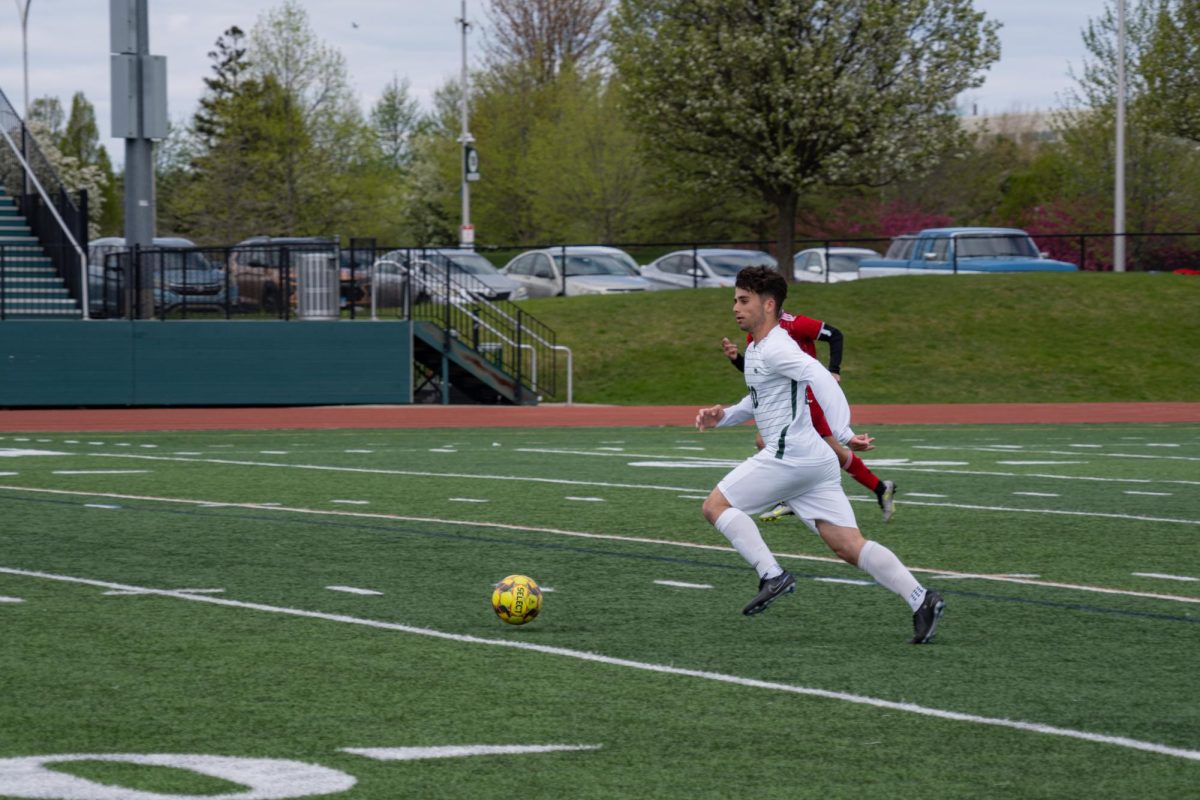


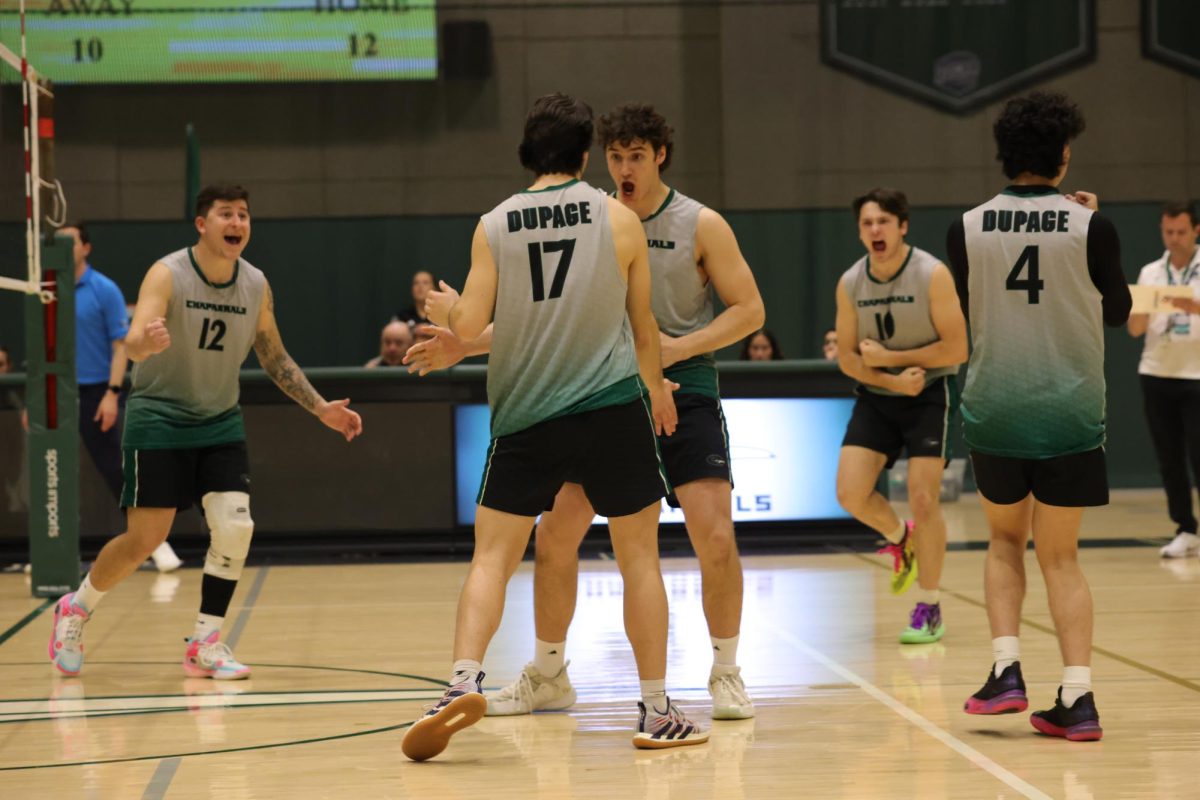
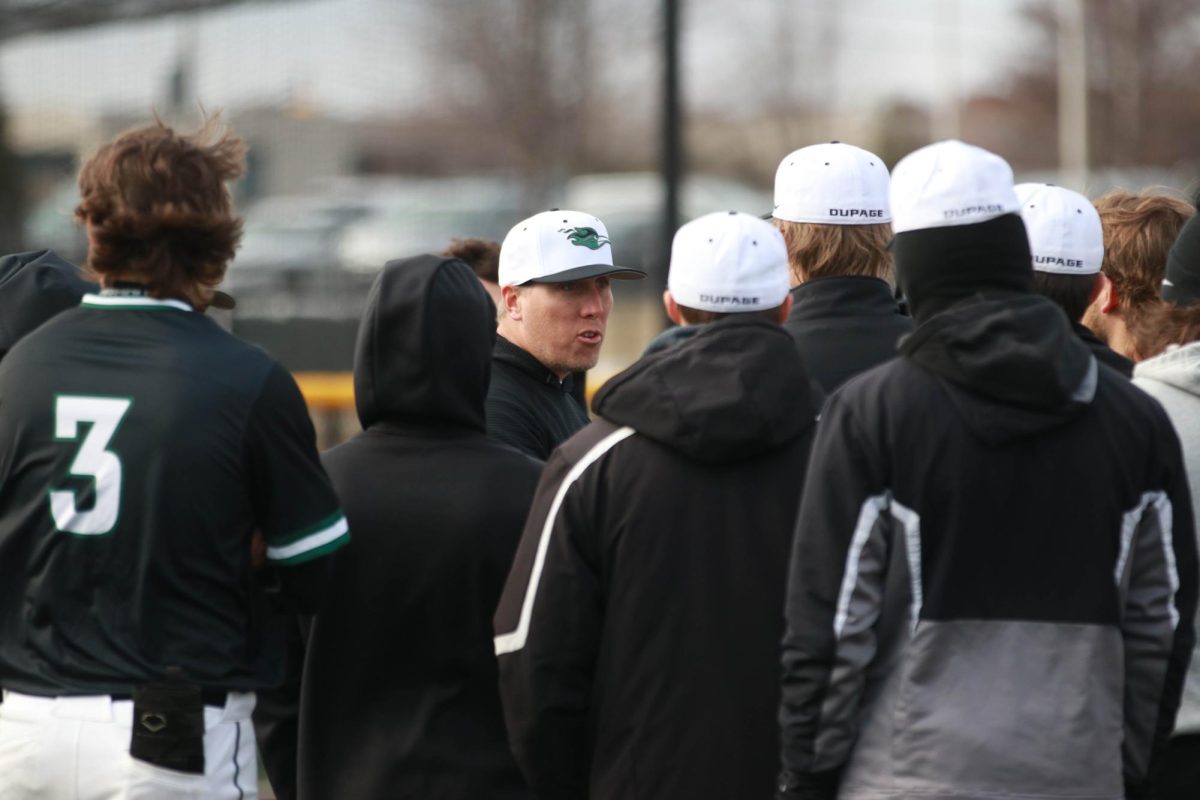
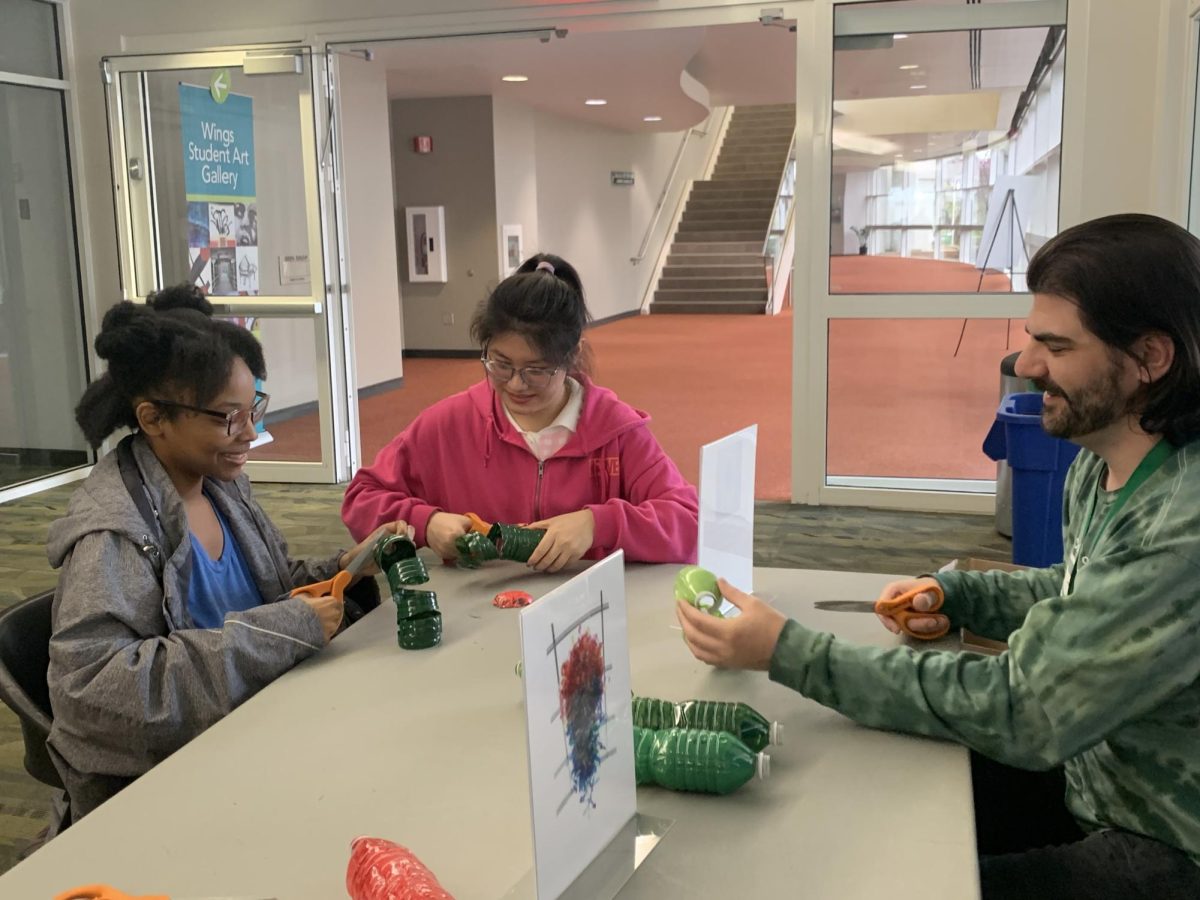
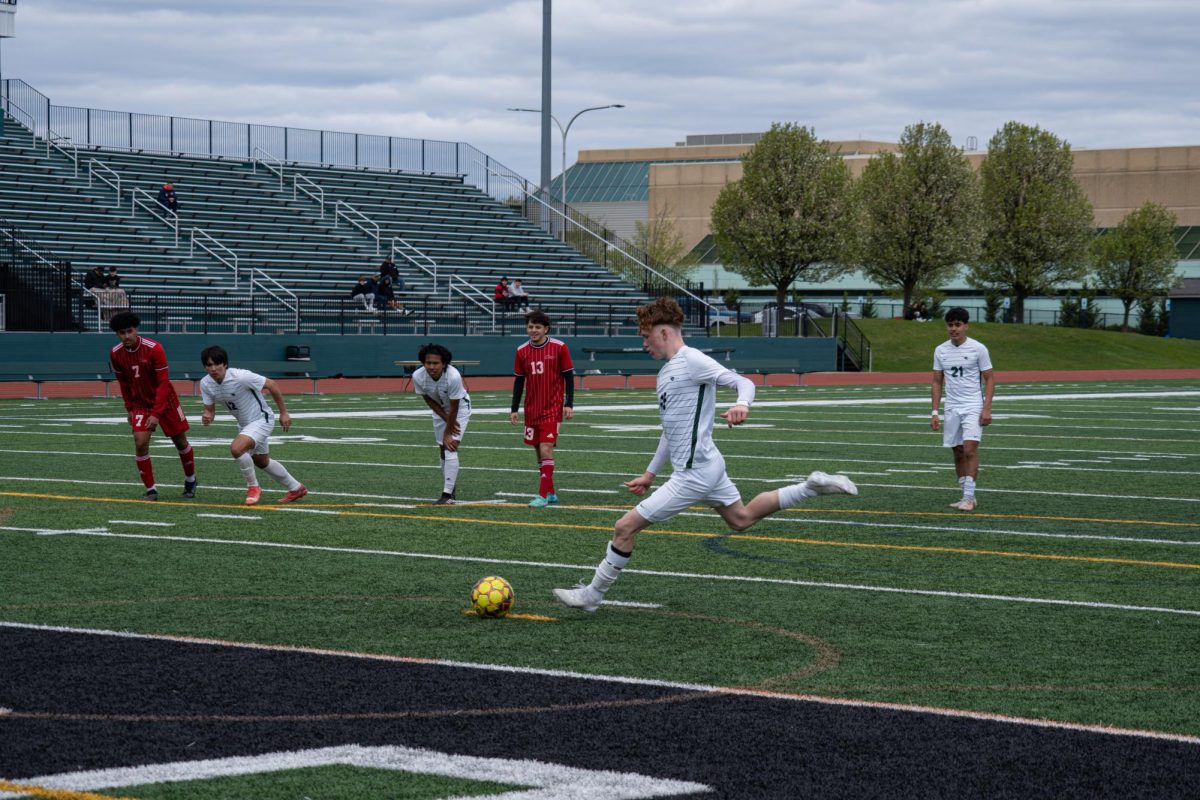

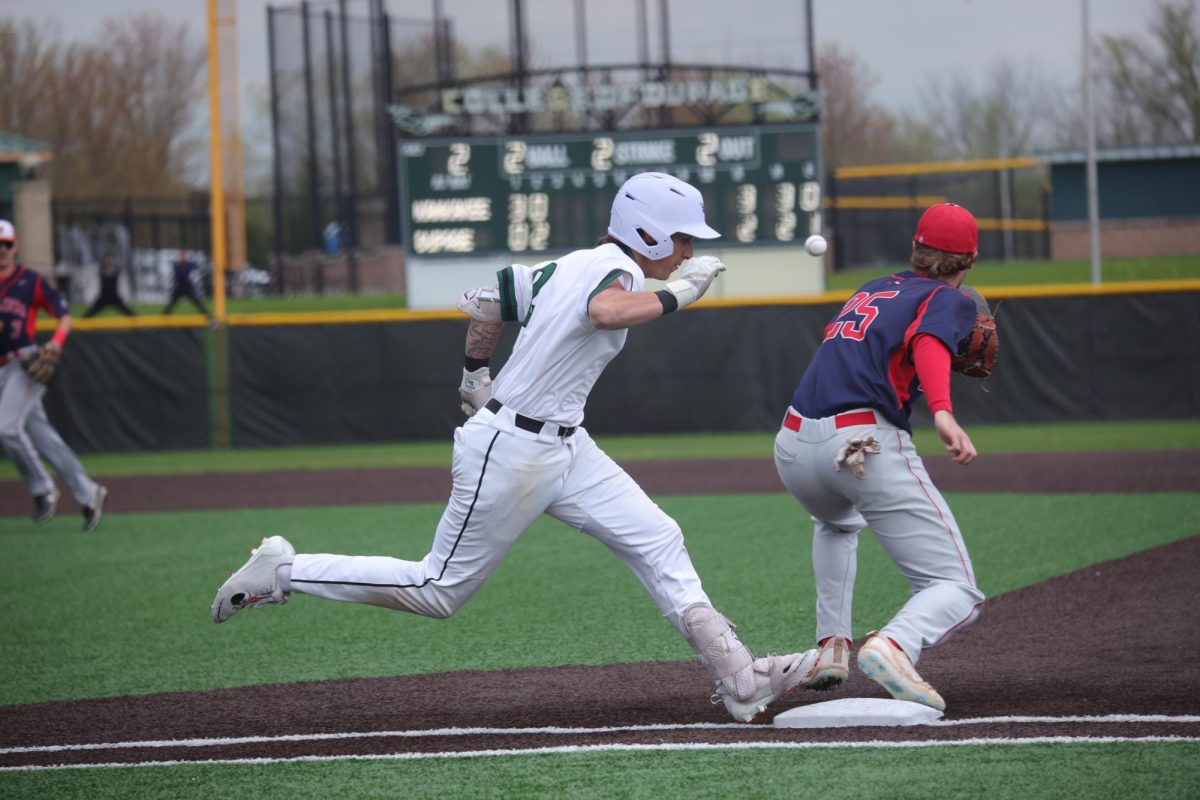
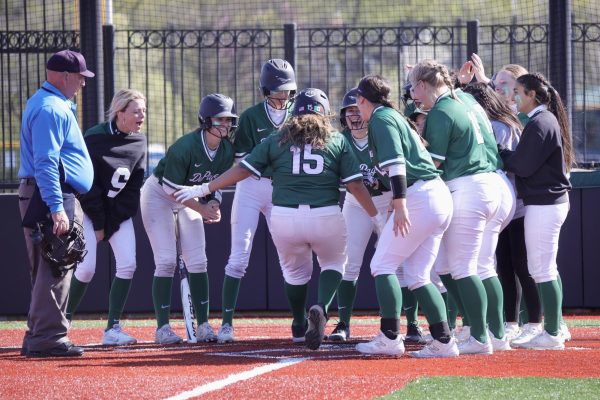
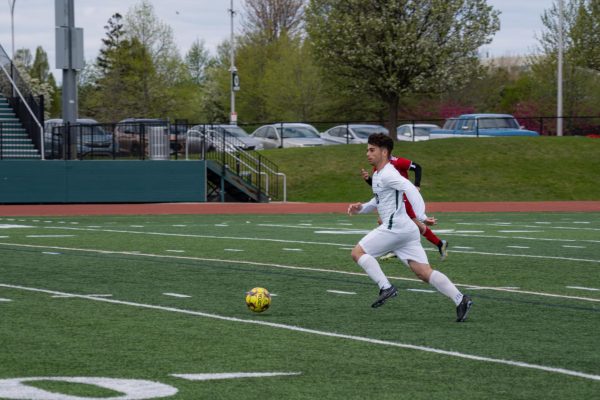


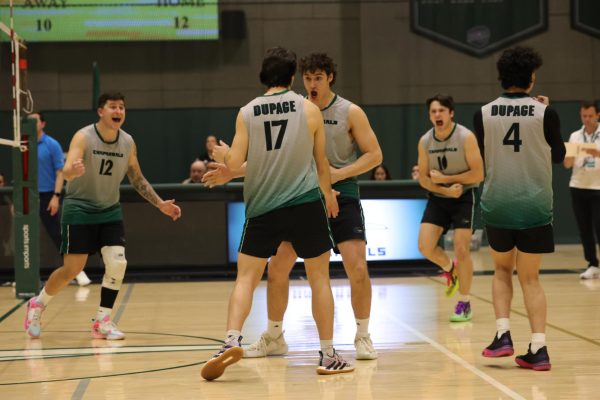
Megan Mareen • Mar 29, 2023 at 1:04 am
Noah, you should try acting.